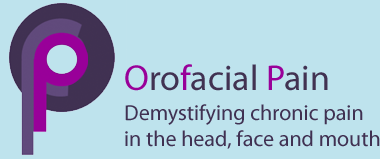Practical tips in preventing nerve injury in relation to third molar surgery
Length: 48mins
Sensory nerve injuries related to surgery are rare but have a significant impact on the patients and clinicians involved. Chronic post-surgical neuropathic pain due to these nerve injuries cause significant functional and psychological problems. Nerve Injury can be caused by dental procedures including Local anaesthesia, Endodontics, Third Molar Extractions and Dental Implant Surgeries.
Optimal risk assessment is key in preventing these iatrogenic nerve injuries and utilizing CBCT analyses coupled with a thorough clinical dental examination are essential in treatment planning these invasive procedures. However, unexpected invasion of selected nerve pathways may result, with even the best preparation. Immediate diagnosis, intervention, and management are critical in minimizing permanent nerve damage in our patients. From recently published information in Implant Dentistry Journal (2016-2017), perspectives on nerve injury during dental surgeries will be highlighted.”
Aim
- This lecture will update participants in the prevention of trigeminal nerve injuries during dental surgery
Objectives
- The following will be discussed:
- assessment of the patient with M3M
- assessment of M3M surgical difficulty
- radiographic factors
- CBCT assessment
- Surgical modification to minimise nerve injuries
- follow up advice to identify nerve injuries and assist resolution of nerve injuries
Outcomes
By the end of the lecture participants will:
- be familiar with recognising and minimising risk to the trigeminal nerve when undertaking dental procedures;
- understand the importance of preventing nerve injuries and the impact on those patients affected;
- understand how to improve patient consent;
- be able to develop a better strategy for assessing and identifying patients at high risk;
- know When to refer or treat.





